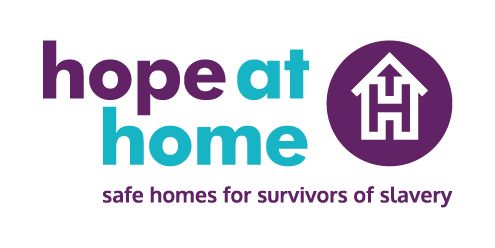You can be single or married.
You can own or rent your home (You may need to let your mortgage provider and insurance know. If you rent your home, you may need your landlord’s permission).
You’ll need to provide a spare room and access to bathroom, laundry and kitchen facilities.
You’ll need to be over the age of 25.
It’s not a problem if you have children in your home, but you’ll need to sign our waiver.
You may need some flexibility in your schedule to allow for potential support of your guest eg accompanying to appointments etc.
You will be able to recognise and meet individual needs, promoting resilience and independence and providing stability.
You will be available for Host Training.
You must be willing to undertake a DBS check.
You’ll need to provide us with two references.


